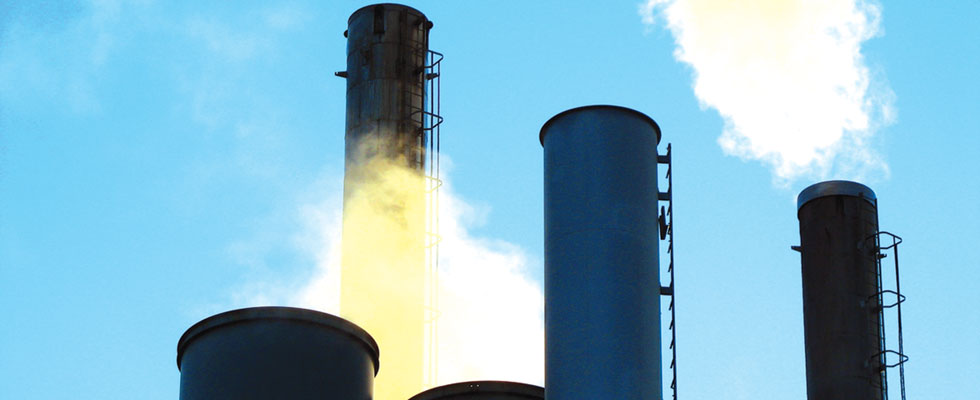
THE first installment of this article elicited a fair amount of feedback and raised a number of interesting and valid viewpoints deserving wider attention and further circulation.
Own Correspondent
Most of the views were supportive of the stance to pull the plug on struggling, but uncompetitive companies, saying that continuing to support such companies was “like having an old woman go for plastic surgery to make her feel youthful and revived.” Dissenters on the other had compared such a decision to letting a person in the ICU die so that resources can be channeled towards the upkeep of stronger people. The dominant viewpoint was however that “even a person is allowed to die once he/she reaches a certain point.” This sequel outlines some of the notable views put forward by various contributors.
Why it’s difficult to save some companies.
One reader noted that some companies price their products at three times the value of imported equivalents, making it difficult to save them as protection would only serve the purpose of putting those companies’ products beyond the reach of customers. Worse still, lack of innovation in both manufacturing processes and the products means that some products still look the same as they did in the 1980s. “How then can we compete in export markets with substandard products?” asks one observer, citing the leather shoe manufacturers as a case study. Cheaper access to raw materials is key
There was a strong view that cheaper access to raw materials is key for the competitiveness of local industry, hence the need to ensure the mining and agricultural sectors, amongst others, that provide raw materials, operate at optimum capacity.
“I think the focus should shift to primary industry first in Zimbabwe. We need to make sure that our agricultural sector in particular is back to full swing. Industry desperately needs raw materials for it to produce goods. If our dairy industry is able to produce meaningful quantities of milk that should for all intents and purposes trickle down to companies producing dairy goods” said one reader going by the name Pragmatist.
Let’s focus on what we are good at
- Chamisa under fire over US$120K donation
- Mavhunga puts DeMbare into Chibuku quarterfinals
- Pension funds bet on Cabora Bassa oilfields
- Councils defy govt fire tender directive
Keep Reading
One reader highlighted the need to focus on our competitive advantages, citing products such as Cerevita, Willards Things, Colcom Polony and Mazoe Orange, which no one makes them better than we do. Such products can be used to drive the country’s export strategy.
While we may not, for instance, be able to match South Africa’s low-cost production base, we have the capacity to produce good quality products that compete favourably in international markets. “In my view, government needs to identify say 20 industrial heavy hitters with a potential to compete globally. Pump resources into these operations both financial and policy then use these to drive the revival of the rest of the economy through local supply linkages,” said one Farai.
Stop exporting capital and exploit credit multiplier effect
Instead of focusing on crafting doomed rescue packages for companies that are beyond repair, let’s stop exporting money through indiscriminate importation of things we don’t need and use the credit multiplier effect to drive the growth of those of our companies that can leverage on competitive advantage.
“The mining industry spends around $1,5 billion every year on purchases of goods and services, the bulk of which are imported. If 50% of that money was used in this country then it could create wealth of some $15 billion,” said another reader calling himself Timothy Thornton.
Scrap or reduce import duty on raw materials
Though there appeared to be disagreements on the specifics of import duties on imported raw materials, there was consensus that this issue should not be trivialised because of its hurtful impact on the competitiveness of local industry.
It’s a management issue, duh!
Consensus appeared to emerge amongst the contributors that the county’s problem was chiefly due to lack of management capacity and capability. As a result, most troubled companies tended not be alive to the need for “business model innovation” and because of this, they would surely go the way of the Dinosaur.
This is why Observer say, “Money must go to start-ups which come to the market with disruptive business models which are relevant in today’s rapidly globalising and changing marketplace.”
To make matters worse, a lot of the big companies have common investors/shareholders who are accused of being passive and not pushing for change in management culture through their board representatives. To them, its business as usual, yet the world around us is continually evolving hence the outdated management methods which ultimately cause the country’s inability to compete at an international level. Not yet ripe for “small firms model” of industrial development
It was also highlighted that where SMEs have done well, it’s because they have been integrated into an inputs supply chain by big industries. Otherwise on their own, they don’t have the scope or the scale required in order for them to compete effectively and sustainably.
The unintended consequences of protection
While some level of protection is probably unavoidable, the big question according to one reader, is whether protection will make these local firms efficient. Protection usually discourages innovation and creativity which are critical for the viability of firms.











